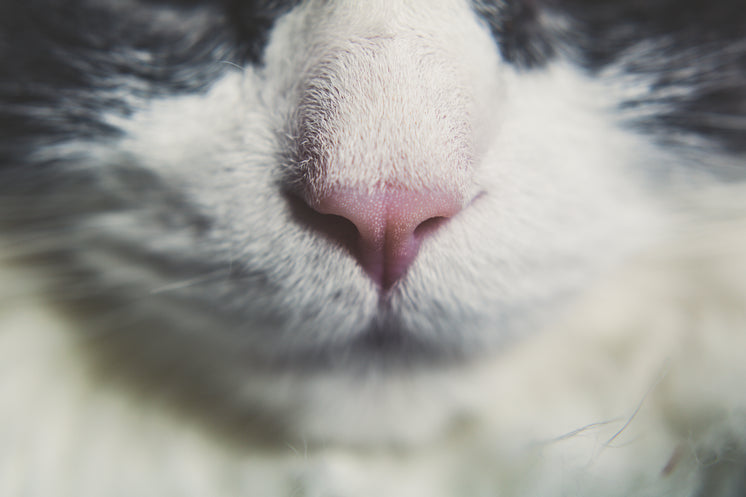Cleaning the Air: Respiratory Health Risks of Cat Litter Boxes
Cleaning the Air: Respiratory Health Risks of Cat Litter Boxes
Blog Article

Feline owners are no strangers to the daily task of scooping out their furry pal's litter box. It's a routine job that's often neglected, yet essential for keeping a clean and healthy environment for both cats and their human buddies. However, what numerous family pet owners may not recognize is that there are hidden health dangers related to the litter box that can position risks to both human beings and cats alike. From breathing concerns to parasitic infections, the litter box can harbor a variety of risks that need careful attention and management.
One of the most typical health threats connected with the litter box is breathing concerns. Cat litter, especially clay-based varieties, can consist of fine dust particles that become airborne when interrupted throughout scooping or when cats dig in the litter. These dust particles can be inhaled by both cats and people, causing respiratory irritation and intensifying conditions such as asthma or allergic reactions. In many cases, extended exposure to litter dust can even cause more serious respiratory issues in both felines and their owners.
To decrease breathing risks, it's important to select low-dust or dust-free litter choices and to scoop the litter box in a well-ventilated location. Using a dust mask while cleaning up the litter box can likewise assist lower exposure to airborne particles, particularly for individuals with respiratory sensitivities.
Another significant health risk connected with the litter box is the potential for parasitic infections, particularly from Toxoplasma gondii, a common parasite found in cat feces. While many healthy individuals may not experience symptoms if infected, pregnant women and individuals with weakened immune systems are at higher risk of establishing extreme issues, consisting of abnormality and neurological conditions.
To decrease the threat of parasitic infections, pregnant females must prevent cleaning the litter EcoFriendly Litter Boxes box entirely and delegate this task to another household member. In addition, all people need to practice excellent health practices, including cleaning hands completely after managing the litter box or entering contact with cat feces, to reduce the threat of transmission.
Lots of industrial cat litters contain chemicals and additives that can posture health dangers to both cats and human beings. For instance, some aromatic litters may contain scents or vital oils that can cat litter box furniture irritate sensitive breathing systems or set off allergies. Additionally, clumping litters typically consist of sodium bentonite, a clay material that can broaden when ingested, leading to intestinal obstructions if consumed by felines.
To lessen chemical exposure, choose odorless or naturally-scented litters made from naturally degradable materials such as paper, wood, or plant-based options. These eco-friendly options are not just safer for your feline's health but likewise much better for the environment.
The litter box environment provides a perfect breeding ground for germs, consisting of potentially damaging pathogens such as E. coli and Salmonella. These germs can pollute the litter box and surrounding areas, increasing the danger of infection for both cats and human beings. Cats can contract bacterial infections through direct contact with infected litter or by ingesting feces during grooming, while human beings can become contaminated through contact with contaminated surface areas or improperly cleaned hands.
To reduce the danger of bacterial contamination, it's necessary to clean the litter box frequently using warm water and mild cleaning agent, as well as to sanitize the surrounding area to prevent the spread of germs. Additionally, practicing excellent hand hygiene, consisting of cleaning hands thoroughly after managing the litter box or coming into contact with feline feces, can assist reduce the threat of bacterial transmission.
While the litter box may appear like an ordinary aspect cat litter box with lid of cat ownership, it's important to recognize the possible health risks connected with this apparently innocuous fixture. From breathing issues to parasitic infections and bacterial contamination, the litter box can harbor a variety of dangers that need careful attention and management. By taking proactive steps to decrease exposure to these dangers, feline owners can develop a safer and much healthier environment for both their feline buddies and themselves.